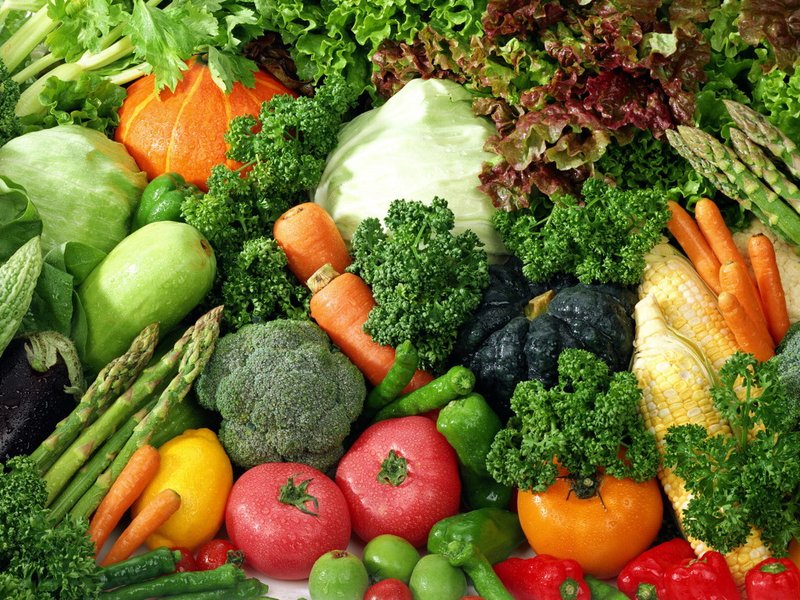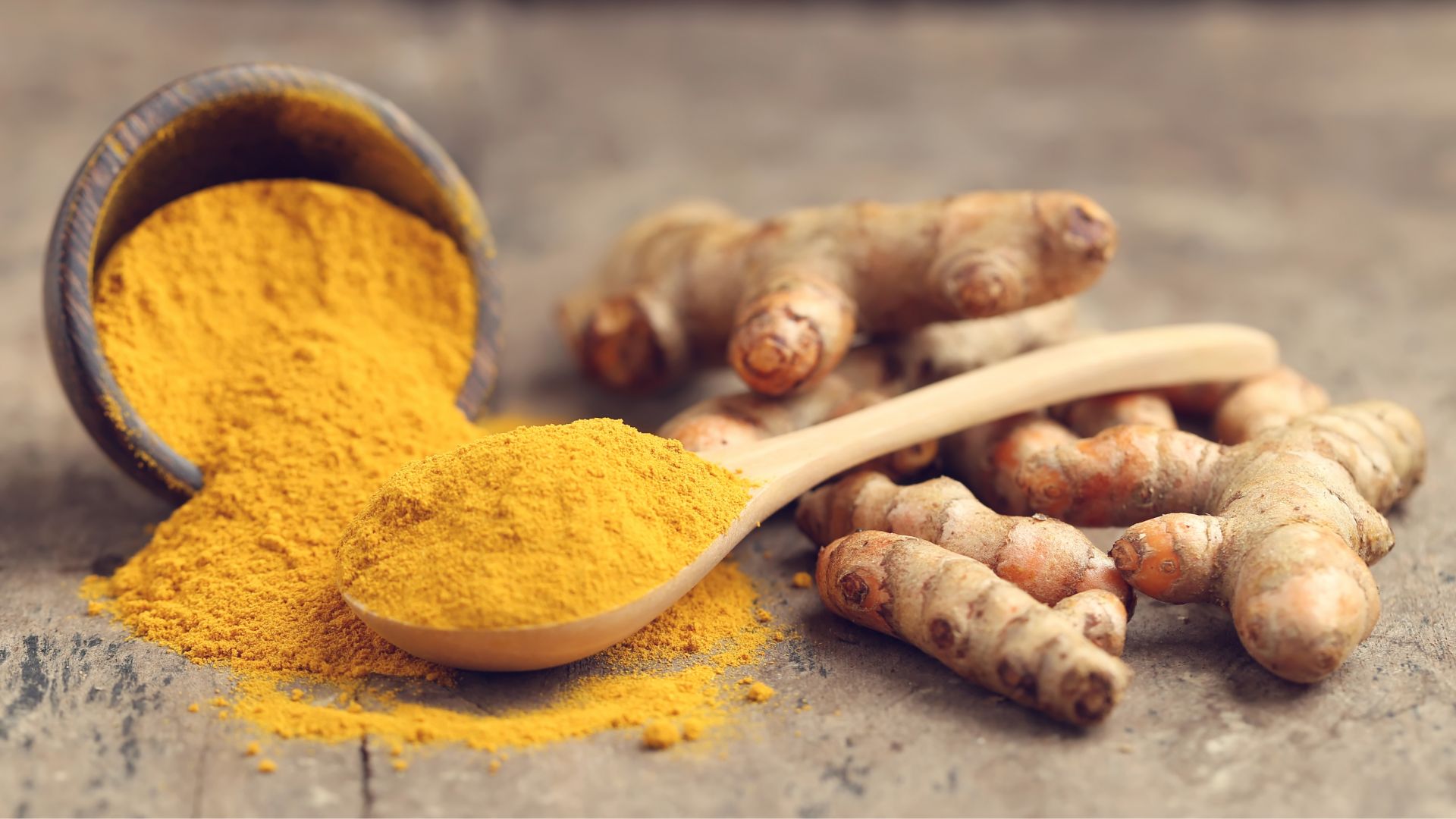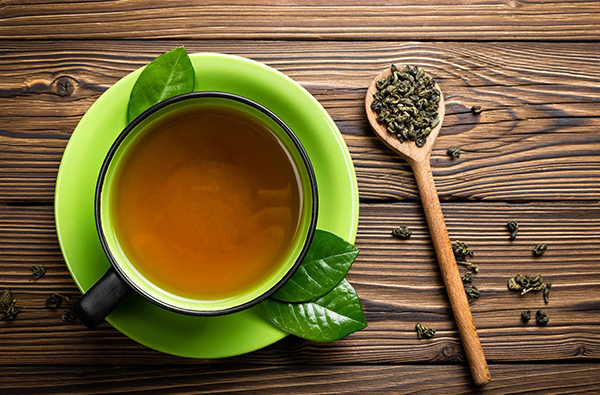.jpg)
In the post-pandemic era, knowing how to boost your immune system has become a crucial skill as Taiwan gradually enters an era of coexistence with viruses. While there are various ways to enhance immunity, incorporating dietary adjustments into daily life can be an excellent strategy. Here are several foods known for their immune-boosting properties:

1. Colorful Vegetables
Nutrient-rich dark green leafy vegetables contain vitamins A, B, C, E, and various minerals, providing essential nutrients for the normal functioning of the immune system. Red, orange, or yellow vegetables such as carrots, bell peppers, pumpkin, and okra are rich in β-carotene, which converts into vitamin A—a crucial nutrient for maintaining the health of mucous membranes in the eyes, nose, mouth, lungs, and gastrointestinal tract. These membranes act as the first line of defense against the invasion of bacteria and viruses.

2. Meat and Beans (High-Quality Proteins)
Proteins, essential for the composition of body cells, are crucial for the normal functioning of the immune system. It's best to obtain protein from both animal and plant sources. High-quality animal proteins include lean meat, chicken, fish, low-fat dairy, and eggs. Plant-based protein sources include beans, tofu, soy products, and nuts. Beans and nuts also contain ample vitamin E, which aids in antibody production and enhances the activity of T cells, making it particularly important for seniors with weakened immune functions.

3. Vitamin C
Vitamin C plays a vital role in metabolism and physiological functions, protecting the immune system. Research suggests that vitamin C may have roles in preventing cancer, diabetes, atherosclerosis, the common cold, stroke, and heart disease. It enhances the chemotaxis of neutrophils, increasing their ability to move toward sites of inflammation or infection. Moreover, vitamin C helps the body resist various oxidative stressors, reducing the risk and severity of diseases.

4. Curcumin (Turmeric)
Curcumin is renowned for its anti-inflammatory and antioxidant effects. Researchers are increasingly interested in its potential to regulate the immune system, particularly in cancer prevention and treatment. Curcumin enhances antibody response and modulates the activity of natural killer cells and T cells—two fundamental cell types in the immune system. While concerns exist about the limited absorption of curcumin in the body, ongoing research explores its various benefits. Curcumin is the active compound in the spice turmeric, which contains multiple nutritional compounds. Studies suggest that daily consumption of curcumin has no side effects, contributes to improved physical fitness, alleviates inflammation, and acts as an immune modulator by altering the concentration of circulating interleukins.

5. Green Tea
The catechins in green tea are potent antioxidants with antimicrobial and anticancer effects. Green tea can inhibit the growth of harmful bacteria in the gastrointestinal tract, contributing to improved immunity. Epigallocatechin gallate (EGCG), a major catechin in green tea, has been shown to enhance immune function.

6. Fermented Foods
Fermented foods such as kimchi, sauerkraut, yogurt, kefir, kombucha, and miso are known for their benefits to gut microbiota. However, their advantages extend beyond the digestive system. Studies suggest that the absence of these fermented foods in the diet may lead to weakened immune function, even in healthy individuals. Fermented foods improve mucosal immune function and prevent diseases by reducing the number of harmful bacteria entering the bloodstream.

7. Echinacea
For decades, echinacea has been recognized for its effectiveness in alleviating the common cold. Scientists now note that echinacea contributes to enhancing the immune function in both healthy individuals and those with weaker immune systems. Studies indicate that echinacea supplements promote cytokine production, enhance the mobility of white blood cells, activate natural killer cells, and reduce the risk of diseases.
If readers cannot access the mentioned foods, incorporating minimally processed whole foods into the diet is an effective way to boost immunity and improve overall health. Whole, unprocessed foods retain the nutritional value of the ingredients and contribute to strengthening the body. Therefore, opting for minimally processed foods is generally recommended. Lastly, best wishes to readers for health and safety amid the ongoing pandemic.
